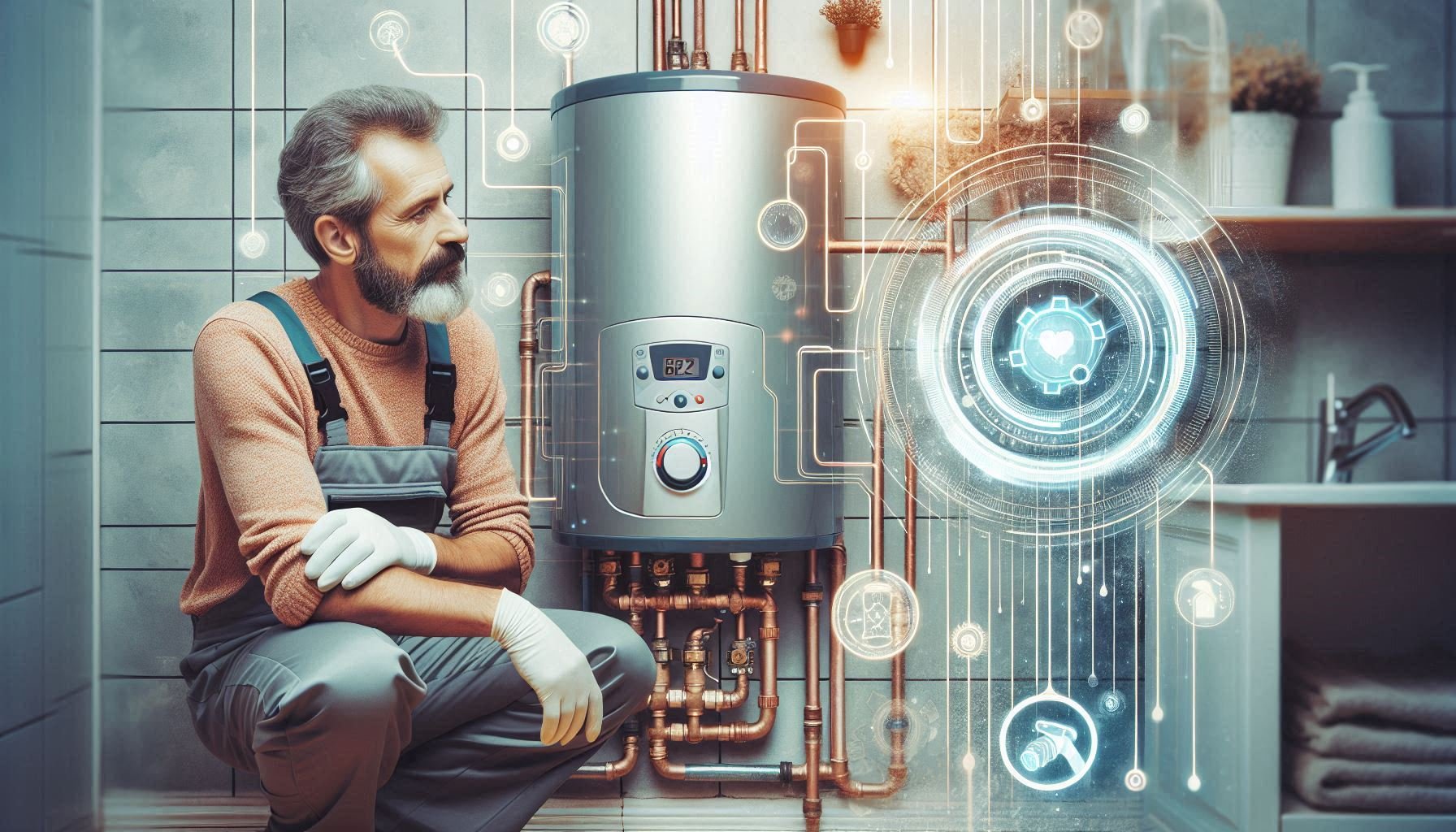A water heater is a crucial component of your home, providing you with hot water anytime. But what if it suddenly stops working? There’s nothing worse than waking up to find that you have no hot water for a shower. Or discovering that the water won’t heat up when you’re cooking dinner. It’s not only inconvenient, but it can also become costly if you need to replace the entire water heater.
Proper operation and care can significantly extend the life of your water heater and prevent such situations. Here are some tips to help you with this.
1. Regularly Check Water Pressure
Too high water pressure can damage your water heater and lead to its premature failure. Ensure that the water pressure in your home is within safe limits (typically around 4-5.5 Bar or 0.4-0.55 MPa). High pressure can lead to premature wear of safety valves, which can cause water leakage.
2. Perform Annual Maintenance
Regular maintenance can help identify and rectify potential issues at an early stage. This may include checking the condition of the anode, thermostat, safety valves, and other components. Without this, a small issue could escalate into a major one, resulting in the need to replace the entire water heater. For instance, anode corrosion can lead to rust in the tank, which in turn can lead to water leakage.
3. Drain the Tank and Clean the Heating Element Regularly
Over time, deposits can build up in the tank of the water heater, especially if the water in your area is hard. These deposits, often containing calcium and other minerals, can diminish the efficiency of the water heater, lead to excessive electricity consumption, and eventually cause the heating element to fail. Regularly draining the tank and cleaning the heating element can help remove these deposits and improve the efficiency of the water heater. Remember that it’s best to leave the cleaning of the heating element to professionals to avoid damaging the equipment.
4. Monitor the Performance of the Water Heater
If you notice that the water heating speed has changed, or the water heater has become noisier, it could be a sign that something inside is failing. Don’t wait for the heating element to burn out or the electronic unit to fail. Pay attention to these changes and consult professionals. For example, an increase in water heating time could indicate deposits on the heating element, and noise could be a sign of issues with the circulation pump.
5. Install the Water Heater in a Safe Place
The water heater should be installed in a location where it will be protected from weather conditions and physical damage. Improper installation can lead to damage to the water heater and shorten its lifespan. For instance, installing a water heater in a place with high humidity can lead to corrosion of metal parts.
By following these tips, you can extend the lifespan of your water heater and ensure its efficient operation. Remember, it’s best to leave the maintenance of the water heater to professionals. If you have any questions or problems, consult the experts.


